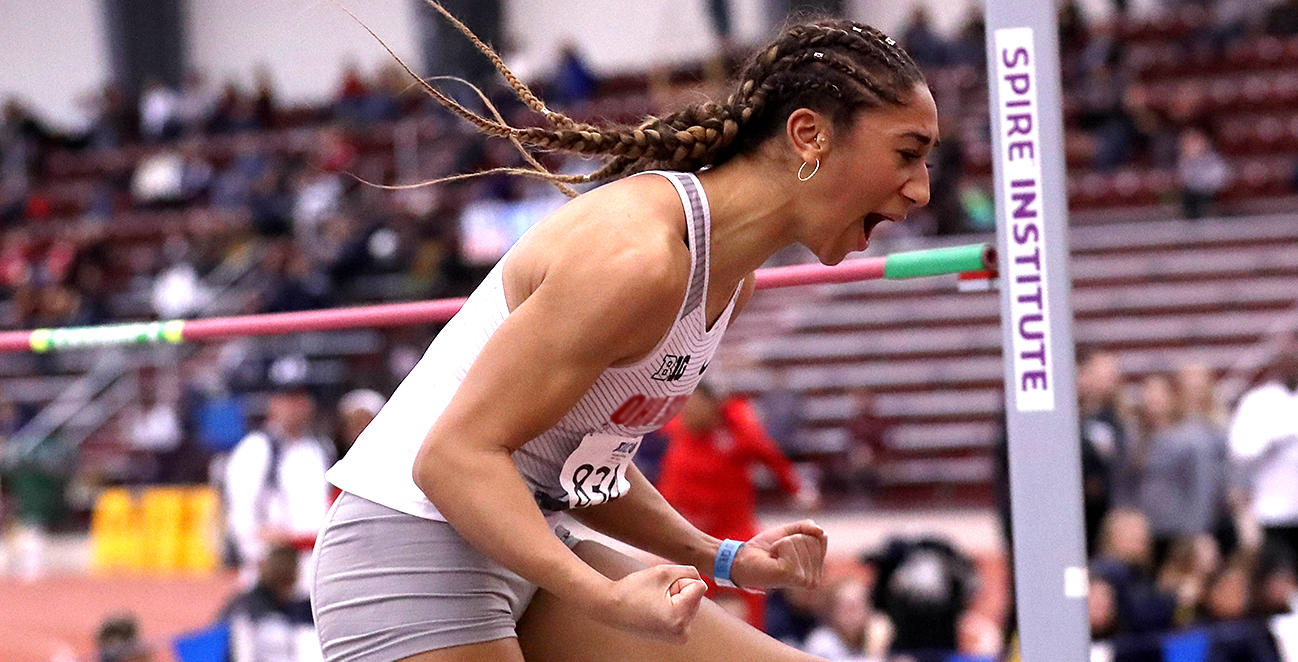
Sam Maniar, Ph.D.
By now, most people have heard the term “growth mindset.” It has become rather popular in schools, businesses and even sports. But what exactly is a growth mindset?
How do you react when you are faced with a challenge or competitive situation? If you try to avoid them, get overly anxious or are devastated by a mistake, you may have what is called a fixed mindset. On the other hand, if you get excited by challenges, enjoy learning new skills and view mistakes as ways to get better, you probably have a growth mindset.
According to psychologist Carol Dweck, those with a fixed mindset believe we are born with our abilities (e.g., math skill, strength, driving ability, free throw shooting, etc.). Therefore, a mistake, setback or loss is seen as a blow to our ability. As a result, they become overly concerned with mistakes and failures. People with a fixed mindset will avoid situations where they may not perform well. In other words, they play it safe.
Those with a growth mindset, though, seek out challenges because they realize they will help them grow and develop. Mistakes are viewed as learning opportunities, and they seek out challenges—even if they know they cannot succeed. As a result, competition isn’t nearly as stressful for them and they are much more likely to reach their full potential.
The good news is that mindsets can be changed, and this is why we spend time at SPIRE Institute & Academy (IA) teaching our athletes how to foster a growth mindset. So what are some of these techniques?
Dr. Maniar is the Director of Mental Skills Training at SPIRE Institute & Academy and the Founder of the Center for Peak Performance, LLC—a sport psychology and business consulting firm. More information about Dr. Maniar and his work, including his social media handles, can be found on his Linktree.
Discover news, highlights & more
Phone: (440) 466-1002
Email: [email protected]
Address: 5201 SPIRE Circle, Geneva, OH 44041
Two
Three
Four